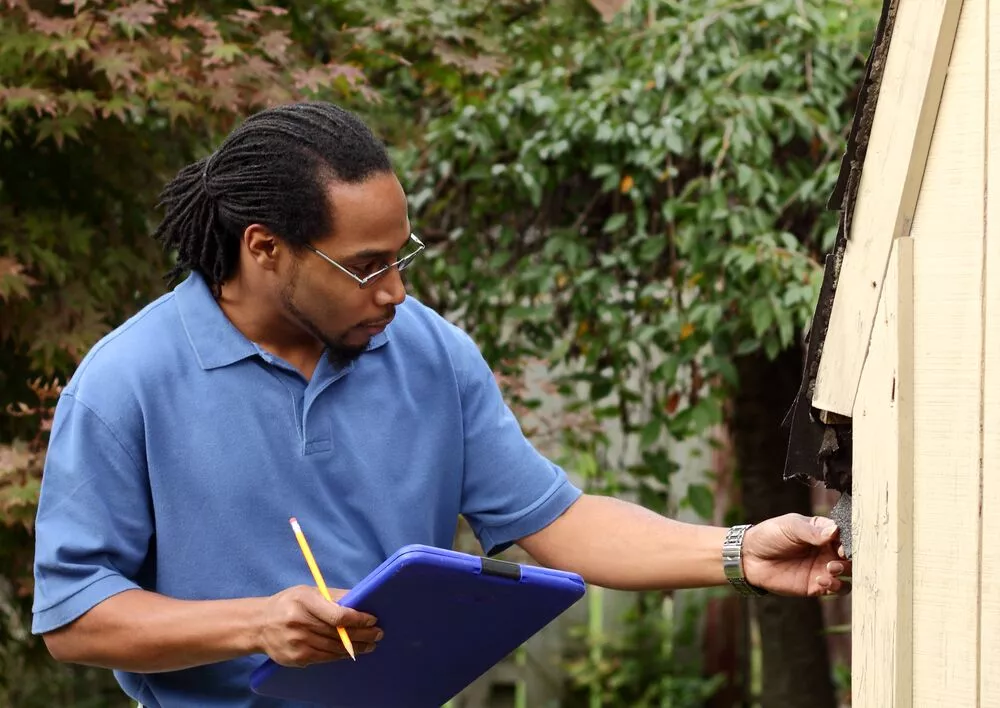Understanding the Impact of Storms on Your Insurance Coverage and How to Protect Your Home

Author: Kevin Stone
Introduction:
Storm damage is a significant concern for homeowners across the country. Severe weather events, such as hurricanes, tornadoes, and heavy storms, can cause extensive damage to homes, leading to costly repairs and potentially impacting your home insurance policy. Understanding how storm-related issues affect your insurance coverage is crucial to ensuring that your home remains protected and that you can successfully file claims when needed. In this article, we will explore the connection between storm damage and home insurance policies, the importance of regular inspections, and how to safeguard your coverage.
Understanding Storm Damage and Insurance:
Homeowners insurance typically covers storm damage, but the extent of the coverage can vary depending on your policy and provider. Most standard policies cover damage caused by events like wind, hail, and lightning. However, flood damage, often associated with hurricanes and severe storms, usually requires separate flood insurance. It’s essential to review your insurance policy to understand what is covered and to make any necessary adjustments.
Insurance companies may require proof of regular maintenance and inspections to validate claims. Neglecting your roof, gutters, or siding can lead to coverage disputes and increased premiums. If your home is not well-maintained, insurers might argue that damage was due to neglect rather than the storm itself, potentially leading to denied claims.
The Importance of Regular Inspections:

Regular inspections of your roof, siding, and gutters are vital to prevent small issues from escalating into major problems. These inspections can help identify wear and tear, loose shingles, clogged gutters, and other vulnerabilities that storms could exploit. By catching damage early, you ensure that insurance claims are processed smoothly and prevent policy cancellations. Routine checks demonstrate responsible homeownership, reinforcing your position with insurance providers.
Hiring a professional to conduct these inspections can be beneficial. They have the expertise to identify problems that a layperson might overlook. After significant weather events, it’s advisable to have a professional evaluate your home to document any damage for insurance purposes. This documentation can be invaluable when filing a claim, as it provides evidence that the damage was directly caused by the storm.
Protecting Your Policy:
To protect your insurance policy, it’s crucial to take proactive steps in maintaining your home. Schedule inspections after significant weather events, even if there is no visible damage. Document any damage and repairs thoroughly, as this information will be valuable if you need to file a claim. Keep a record of all maintenance and inspections to show your insurer that you are diligent in protecting your home.
Maintain open communication with your insurance provider to understand your policy’s requirements. Some policies may have specific clauses about storm damage, deductibles, or required documentation. Being aware of these details ensures you are prepared if you need to file a claim. Additionally, consider upgrading your policy if you live in a storm-prone area to ensure comprehensive coverage.
Conclusion:
Take our free Storm Damage Risk Survey to assess your home’s vulnerability to severe weather.
This quick and easy survey will help you understand potential risks and determine if your home is adequately protected. Homes scoring below 50 qualify for a complimentary consultation to address any concerns and ensure your insurance coverage remains intact. Don’t wait for the next storm—act now to secure your home and peace of mind.
At Your Insurance Claims Network (AKA YICN Roofing), we specialize in comprehensive storm damage assessments and insurance claims management. Our experienced team is dedicated to helping homeowners navigate the aftermath of storms, providing the support and expertise needed to protect your property. Contact us to schedule your assessment today. Call us at 216-510-3240 or email us at yicnteam@gmail.com.